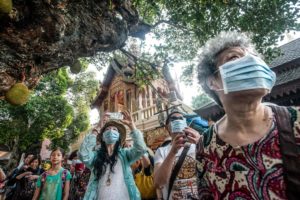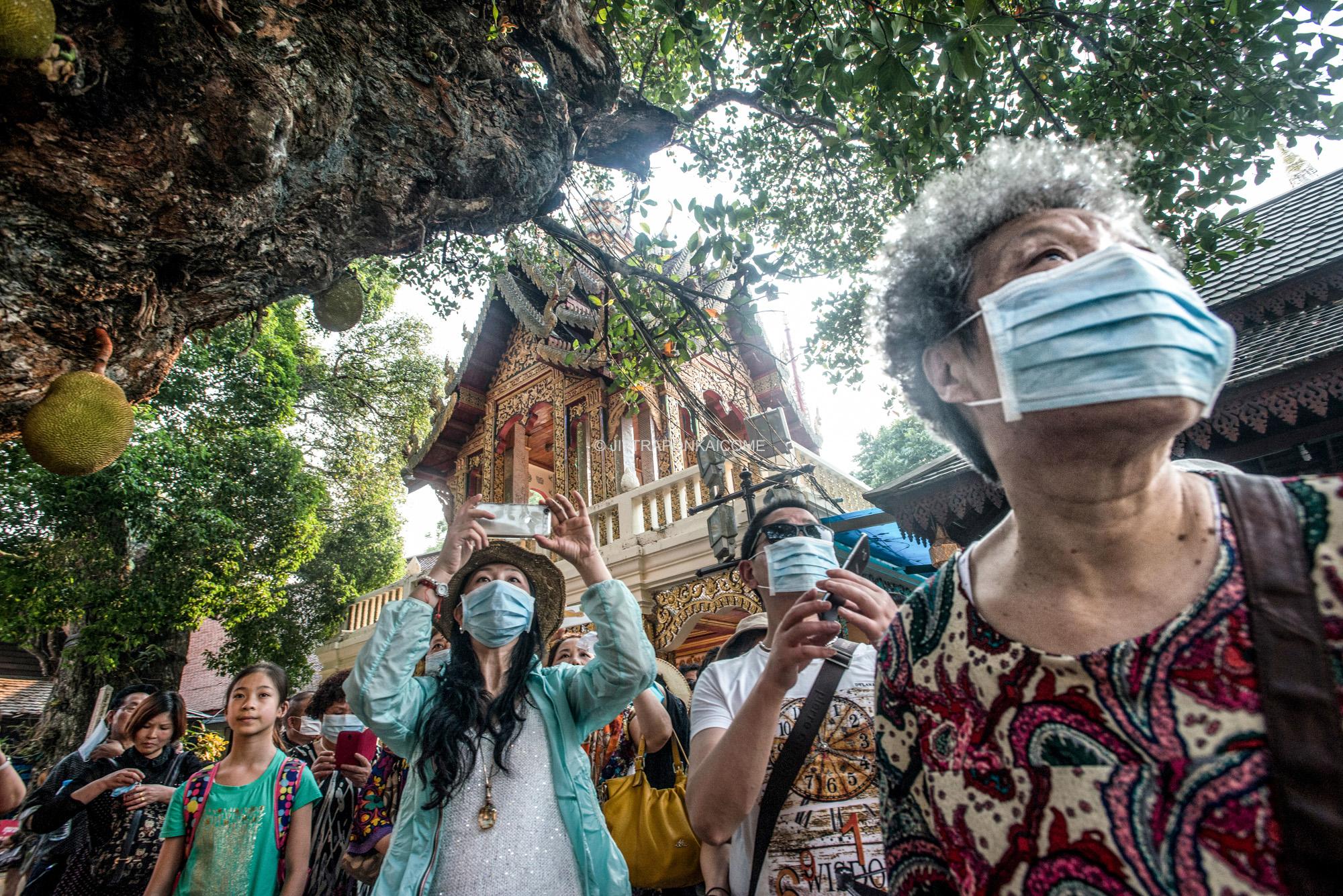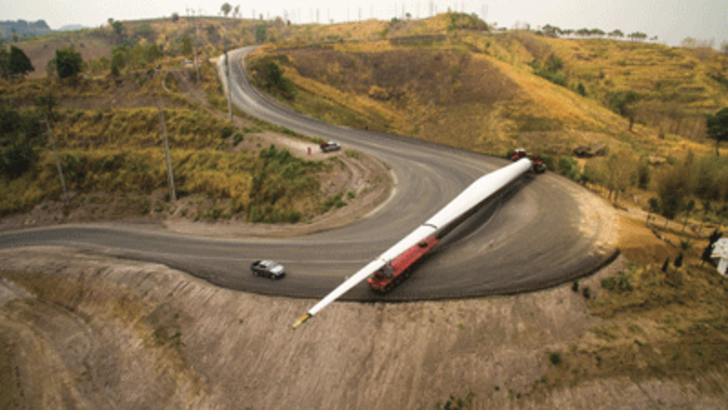
Thai Cabinet gives nod to new anti-dust law on construction
Draft aims to control construction sites
The cabinet has approved a draft ministerial law on construction as it steps up efforts to reduce harmful levels of ultra-fine particles of dust.
The current law, enforced since 1983, is too old to be applied to modern building methods in line with safety and environmental standards, deputy government spokesperson Rachada Dhnadirek said on Tuesday.
“The new law aims to boost safety and protect the environment,” she said.
Under the new law, proper measures are necessary for the construction of structures that are more than 10 metres high, such as covering them with special materials or mixing cement in enclosed areas.
Construction sites produce PM10 — dust particles that measure less than 10 micrometres in diameter. According to city spokesman Pol Capt Phongsakon Kwanmuang, some 60% to 70% of fine pollutants in Bangkok are PM10, so controlling construction sites will definitely help clear the air.
Early last week, City Hall ordered that all construction work be stopped for three days as the presence of PM2.5 in the air had hit harmful levels in more than half of the capital’s 50 districts.
However, traffic is more of concern as about 64% of PM2.5 particles found in the air in Bangkok comes from the transport sector, according to officials.
There are up to 22 million vehicles, including ageing ones, plying the streets of Bangkok and its vicinity, Kasetsart University economist Witsanu Attavanich told a seminar on Tuesday.
“The number of old cars on the streets, especially those older than 15 years, continues to rise,” he said, adding that the capital and its adjacent provinces are also threatened by pollution caused by outdoor fires.
Many farmers still prepare for the next crop by setting fire to the scrub, even though the government has told them to halt the practice.
Since early this year, high levels of PM2.5 have plagued the capital and many provinces, causing residents to bear a greater financial burden, ranging from purchasing masks to covering medical bills.
“PM2.5 is also being blamed for increasing the rate of death by other diseases by 18%,” Sirirat Anutrakulchai of Khon Kaen University’s Faculty of Medicine, said.
The other diseases include heart disorders, emphysema, lung cancer, strokes and kidney malfunction.
Source: https://www.bangkokpost.com/thailand/general/1855349/cabinet-gives-nod-to-new-anti-dust-law



